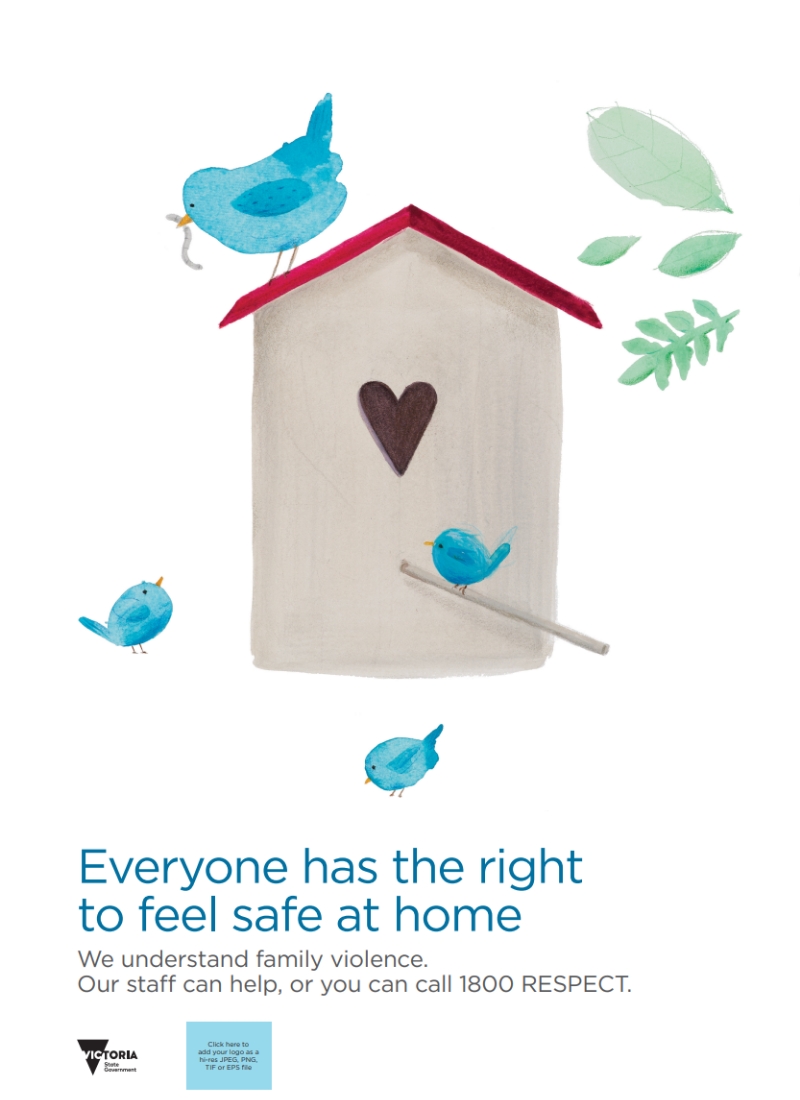If you are staying with us in hospital, we may tell your relatives and friends where you are and general information about your health. Please advise us if you do not want this to happen.
We may need to share your information for your ongoing care.
People who may need this information include:
- Your GP or referring doctor
- Your specialist or surgeon
- Community health services such as Child and Maternity Health
- Clinicians from other hospitals
Common types of information we securely share with other health professionals include:
- Discharge summaries
- Test results
- List of medications
- List of ongoing appointments
- Special needs you may have
When you are admitted as a patient to our Urgent Care Centre, Hospital or Maternity Ward, a discharge summary is created for when you leave hospital. A copy of this is automatically sent to your General Practitioner (GP). If you would like a copy of your discharge summary, please contact Health Information Services on 03 5775 8800 during business hours or email foi@mdh.org.au.
There are times when we are legally required to release patient information.
Examples of these legal requirements include:
- A subpoenaed medical record to use as evidence in court
- Registration of a reportable disease to the Department of Health and the Victorian Cancer Registration
- A health insurance claim being processed by the Health Insurance Commission
- To support assessment and management of risk of family violence
- When any other special law requires us to release information.
